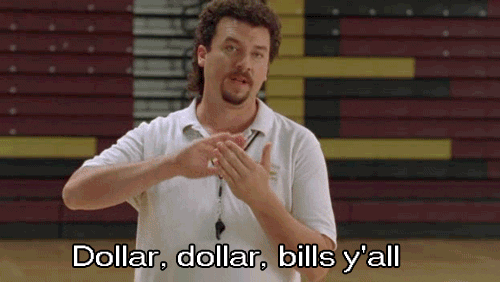I haven’t been a content creator for very long. I started making YouTube videos because, as an actor, I’m always looking for opportunities to get on screen and I was eager to find a way to be creative by making my own opportunities, rather than waiting for them to happen.
From the very beginning I’ve been putting out LGBT-themed videos. I’ll be honest, some of them aren’t appropriate for children. In one video, I talk about why I should be an underwear model. In another, I talk about words that gay men tend to use, and then I try to see if a straight man can guess what they mean. I’m sure most parents want to avoid conversations with their young child that include statements like “Hey mom, guess what? Wanna hear what a 'top' or 'bottom' is? They’re words I just learned!” When a mature content filter is applied to YouTube, those videos should—by all means—be restricted. But part of the reason I joined YouTube in the first place was so that I could talk about and share my views on topics I wish could have been addressed when I was a kid.
I made a video where I discuss how I came to terms with my sexuality, which was a long and difficult road. In another video, I stress the importance of being a complete person before finding a significant other and feeling the need to have someone “complete you.” I even have a heartfelt video where I performed "Somewhere Over the Rainbow" as a tribute to those who lost their lives in the Orlando shootings. But if you apply YouTube's highly contentious "restricted mode" filter and return to my page, those videos are nowhere to be found. (Yup, not even my innocuous cover of "Somewhere Over the Rainbow.")
I’m not sure what vendetta YouTube has against Friends of Dorothy, but clearly something about this "restricted mode" needs to be fixed.
Many other LGBT YouTubers have spoken up about this issue, most of them with thousands of subscribers who make their living off of making videos. Several of these YouTubers get emotional as they talk about young LGBT viewers who were changed for the better because of their videos—viewers who would not have been able to see those videos if the restrictions had been in place back then. Videos about coming out, dealing with depression, and even talking about suicide attempts would have been blocked from people who really, really needed to see them.
I don’t make a living off my videos yet (it’s something I aspire to someday), nor do I have thousand of followers whose lives have been directly impacted based on something they’ve seen in my videos (again, that's something I aspire to someday). But this debate goes deeper than just videos for me. I’m standing up against YouTube's restrictions because it reminds me of a young boy I once knew.
This boy knew he was different, but couldn’t quite put his finger on why. He was constantly bullied because he was “gay,” but he didn’t even know what that word meant yet. He only knew whatever being gay meant, it was very bad and would get him made fun of in school. He saw boys on TV and was drawn to them because he wanted to be their “friend.” Finally he began to realize that those feelings he had when he saw those boys on TV weren’t friendship feelings. He might be that thing that those boys in his class tormented him for. But who could he turn to? There weren’t any other gay boys in his class and he couldn’t talk to his parents. What would they say? Eventually he knew he had to tell them, and in a tearful confession, he finally revealed his secret to his mother and father. His reward was a packet of research on reasons why men think they’re gay but they’re really not.
In case you haven’t picked up in it yet, that young boy was me. This boy desperately needed a positive gay role model. Someone, anyone who could have told him that what he was feeling was normal and not something to be ashamed of. It took me many years to accept myself for being gay, something you can hear me talk about in my YouTube videos, so long as you don’t have the restricted filter on.
When we tell our youth that they shouldn’t be able to watch videos about LGBT people because they’re “inappropriate,” what does that tell them?
What message are we sending to our kids?
What are we really afraid of? That showing them LGBT issues will turn them gay? They’re no more likely to turn gay because they saw a gay couple than I was to turn straight because I saw straight couples.
I’m worried that we’re teaching the next generation that being gay is “inappropriate.” I believe that we lead by example, so I want the LGBT youth of the world to know that there are people fighting for them. I will not let them live in a world where they are “less than” or have to be ashamed or afraid (like I once was) of what they are.
So YouTube, if you’re listening, change the way your "restricted mode" works. A vast majority of LGBT content is not inappropriate for young children. In fact, it may be more important than ever for them to see videos of triumph, of struggle, of acceptance within the LGBT community. In the meantime I’ll keep making videos that make this world a little more beautiful than how I found it. Hopefully YouTube will have the sense to let them be seen and not censored.
Glen North is a singer, actor, and YouTube content creator living in New York. Follow him on Instagram and subscribe to his YouTube channel here.
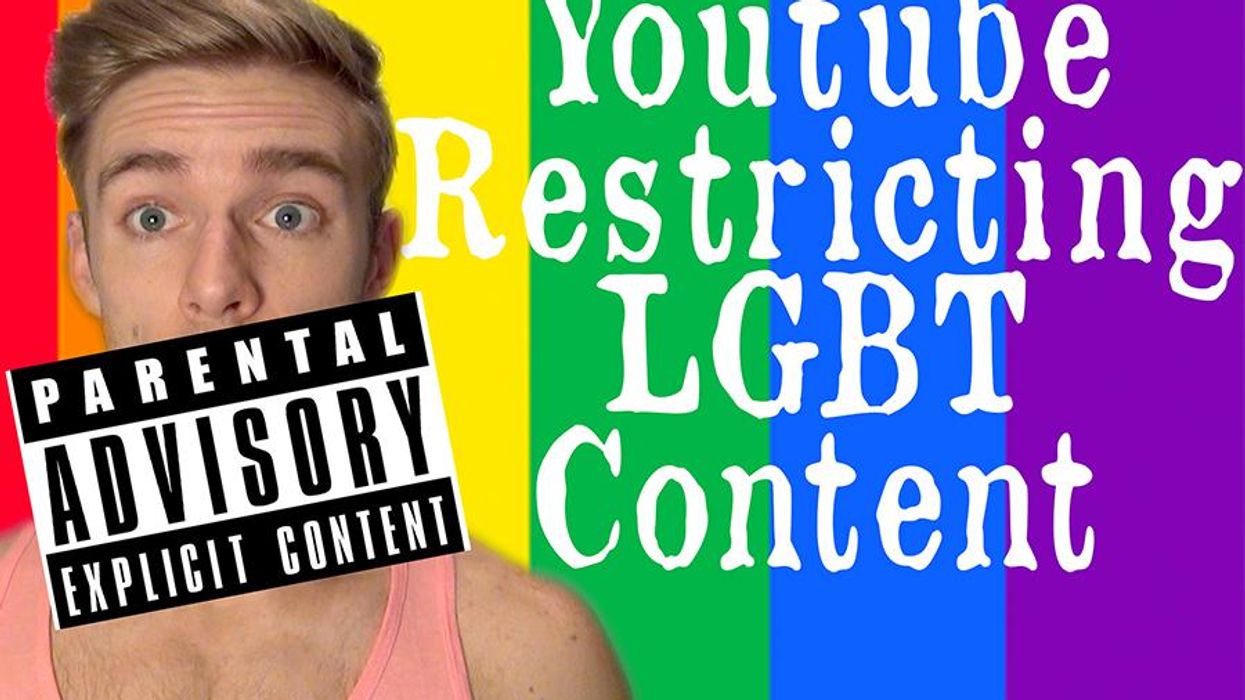

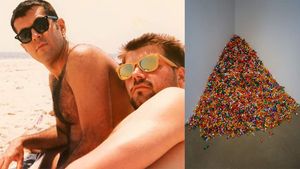




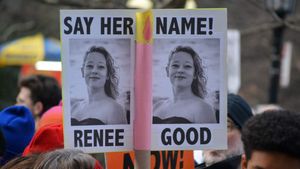

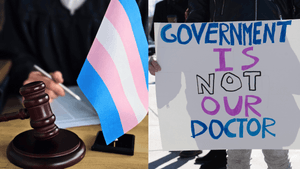
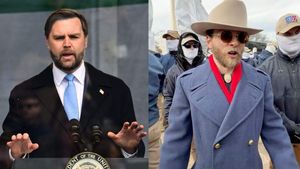
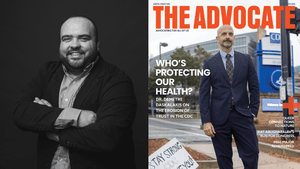
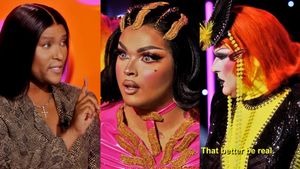

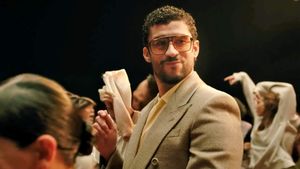
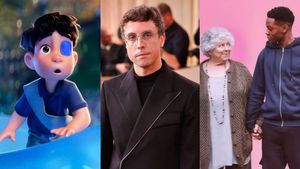
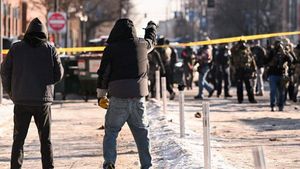



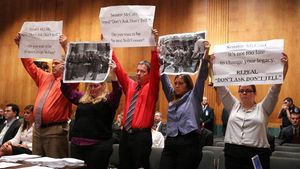

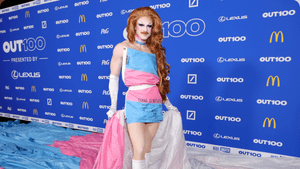
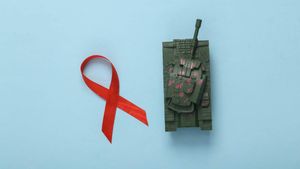
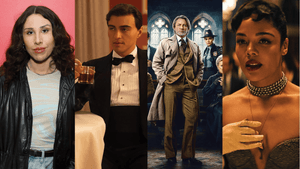


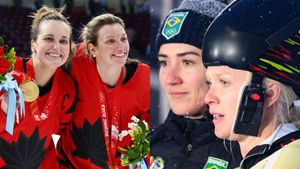
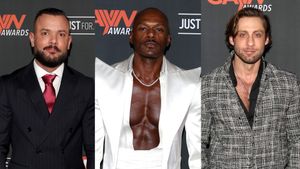


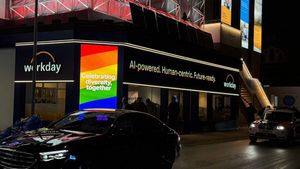

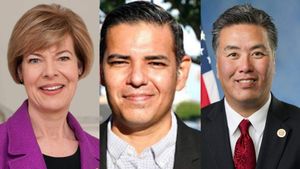












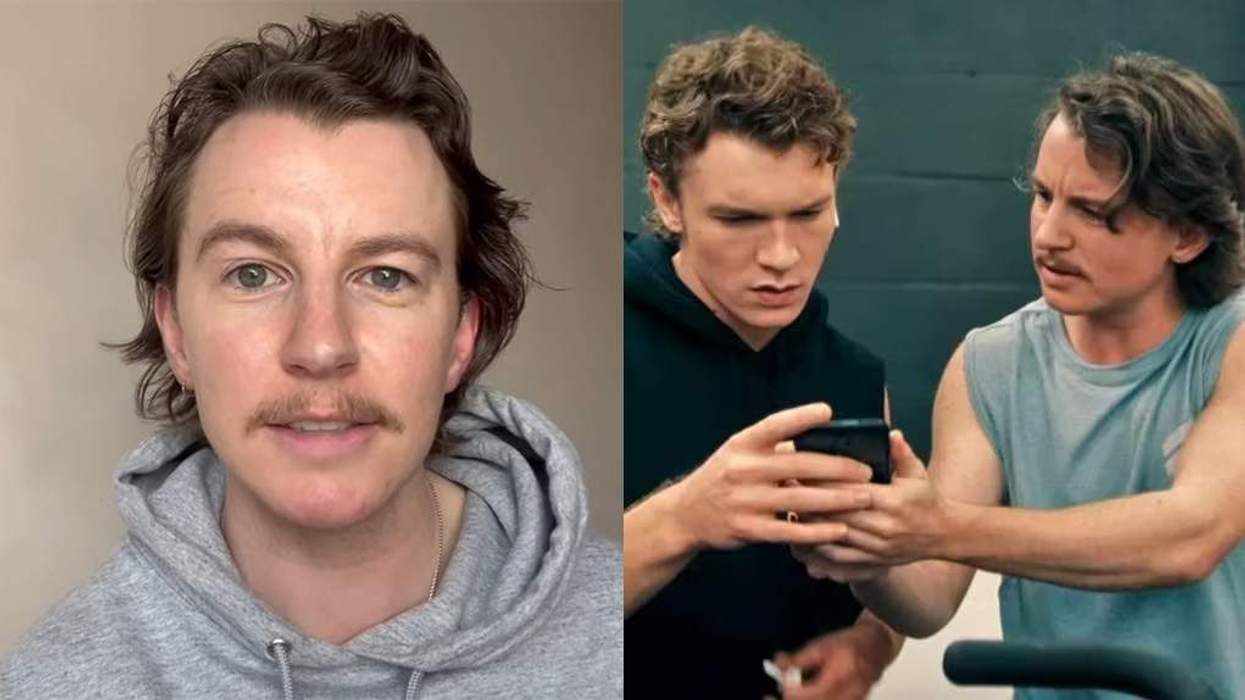
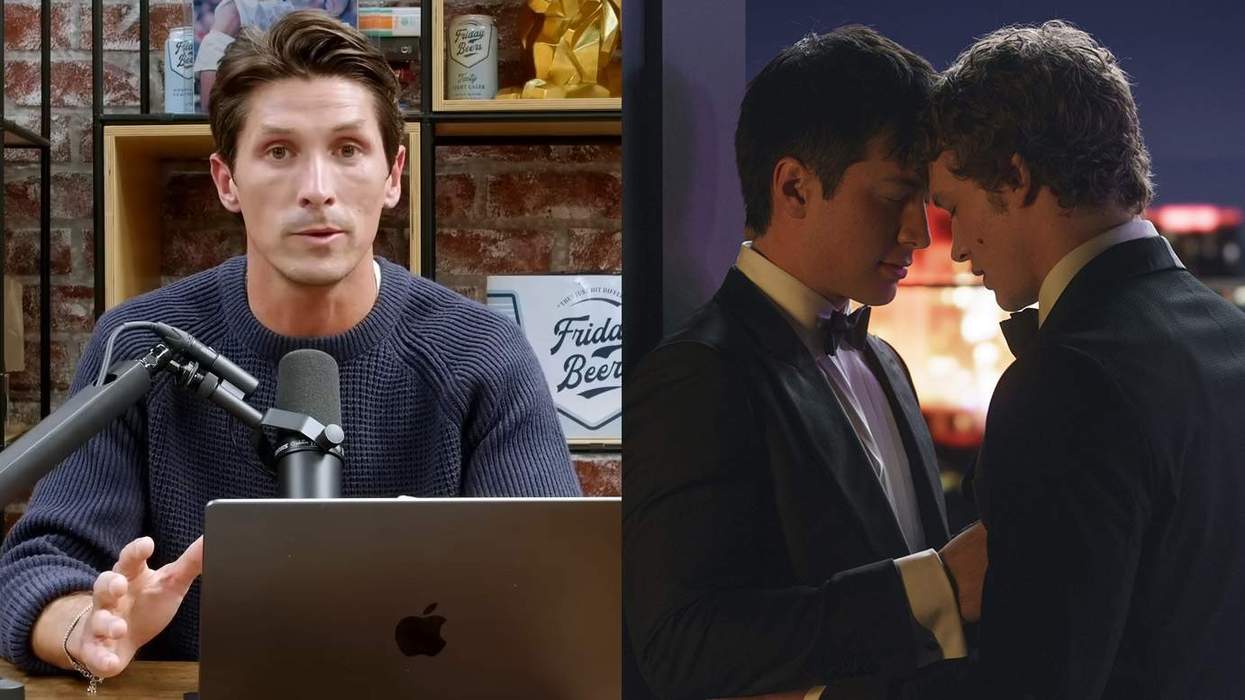
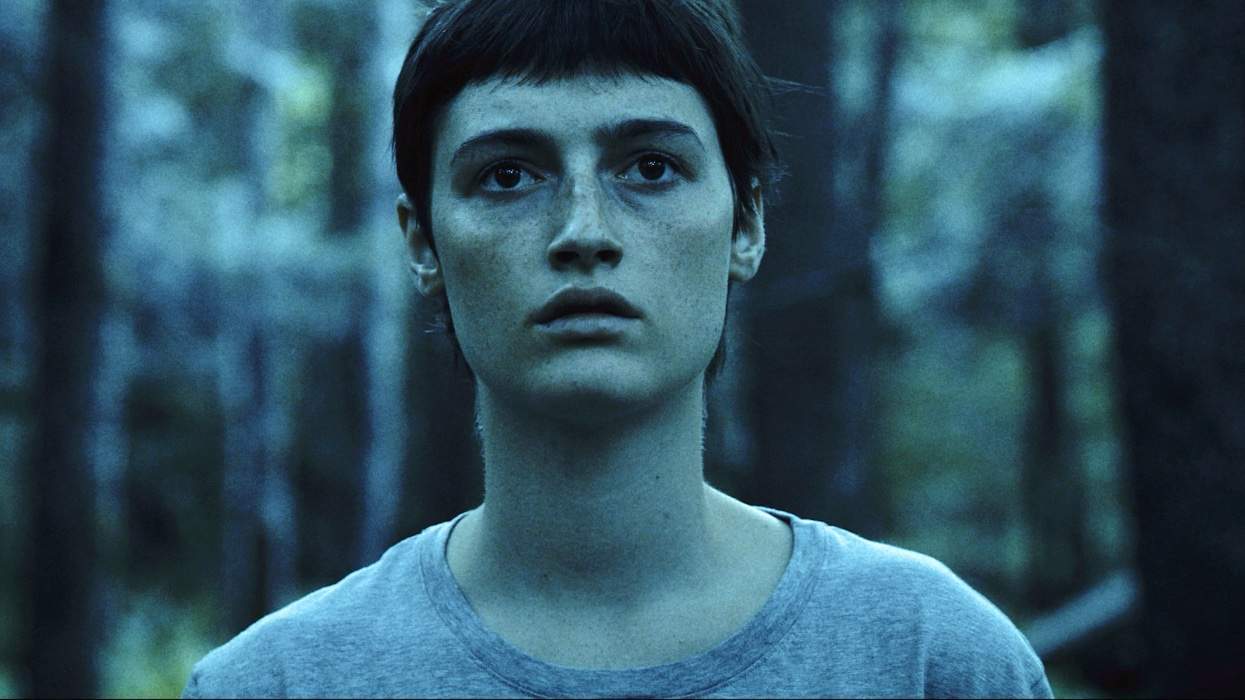
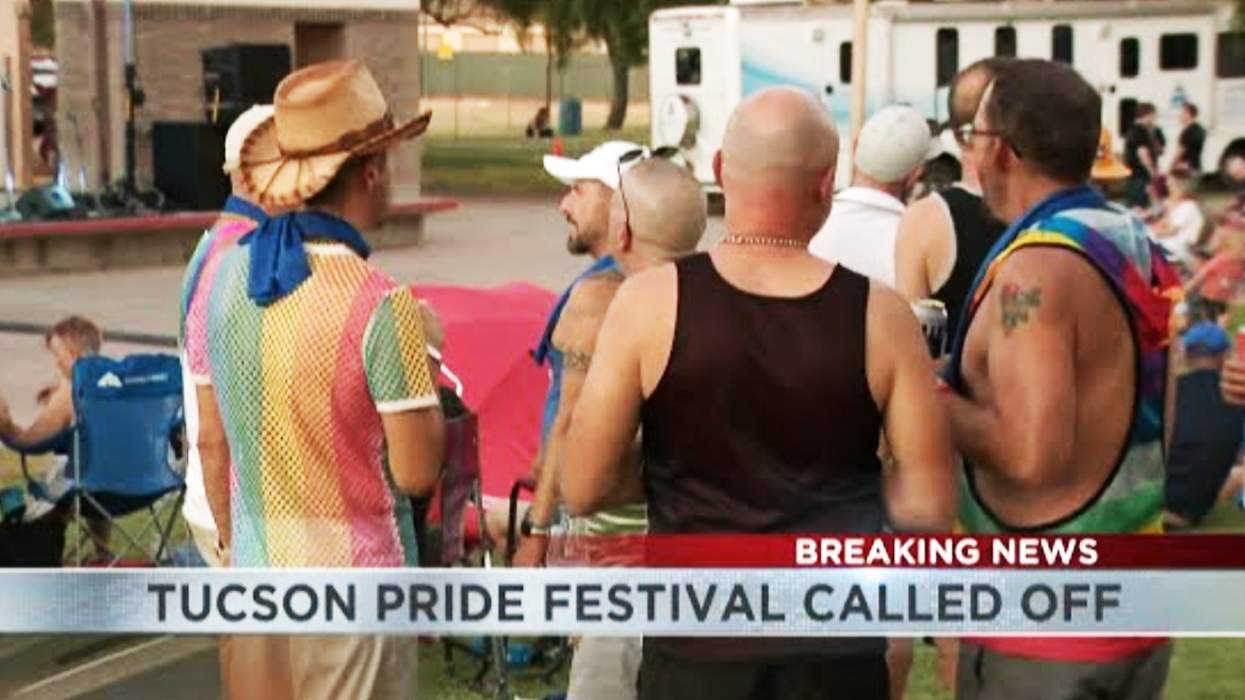










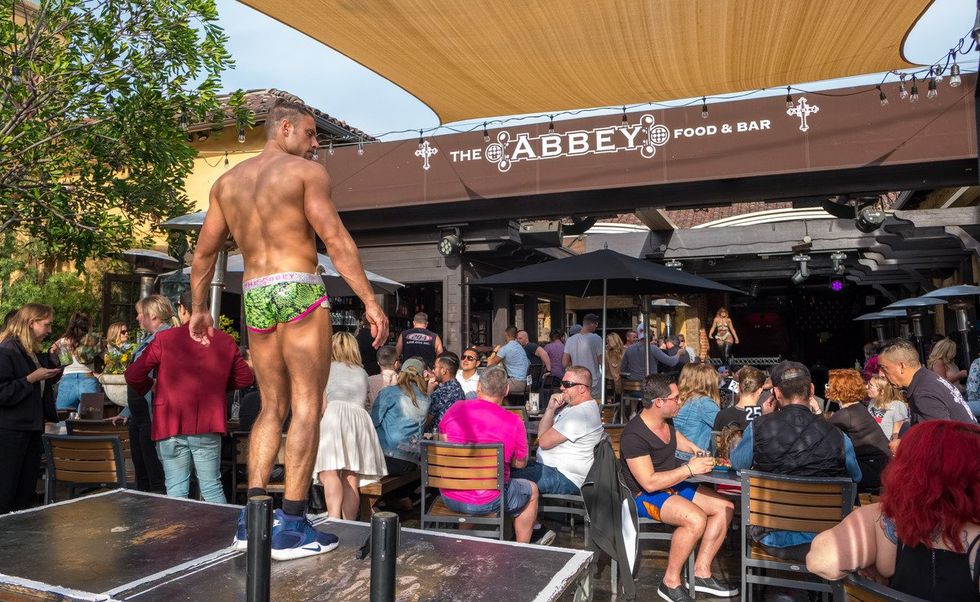
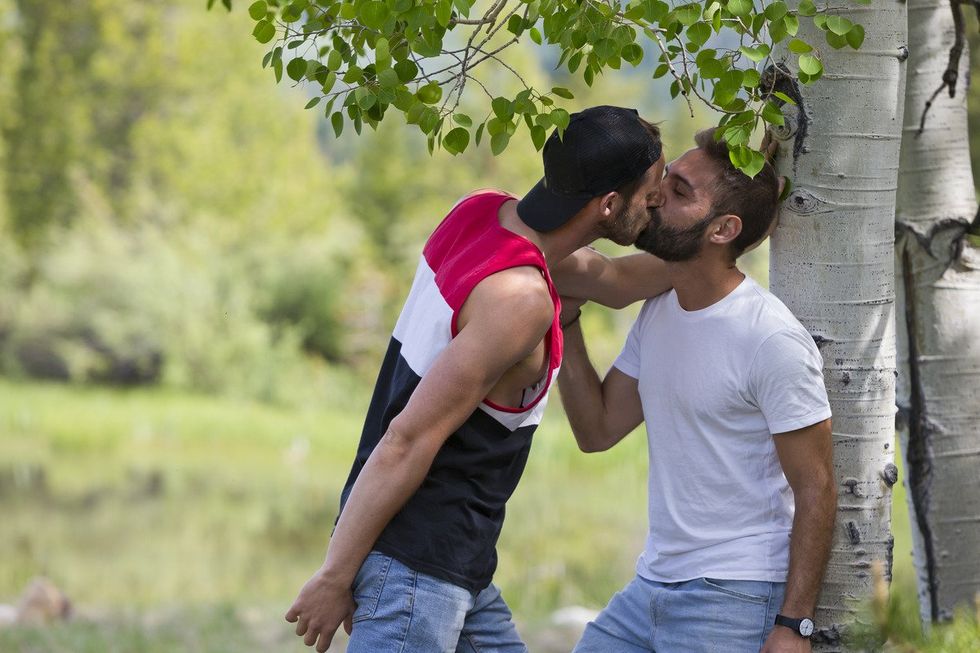


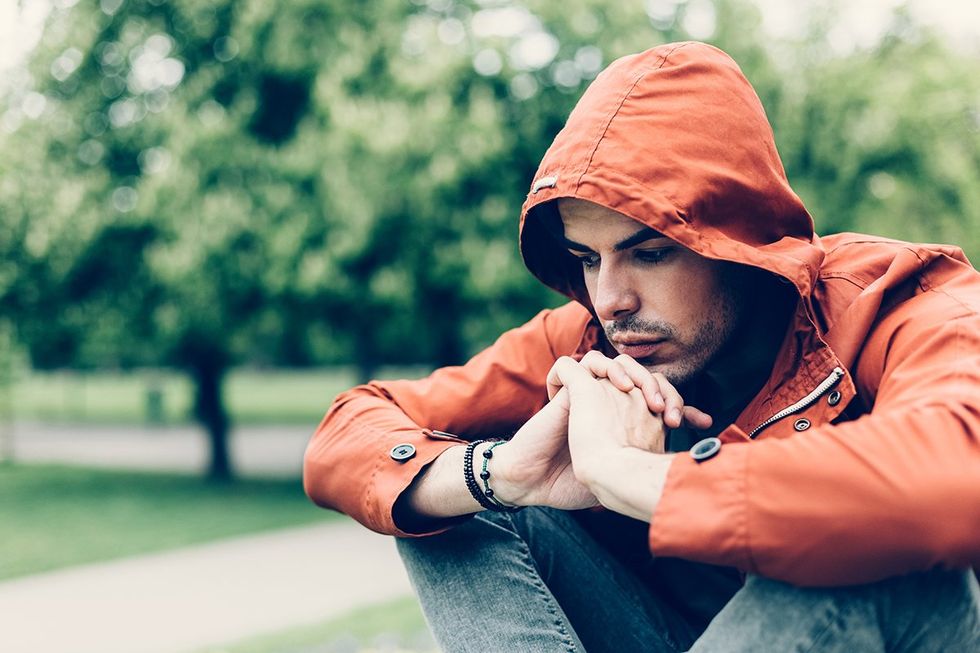

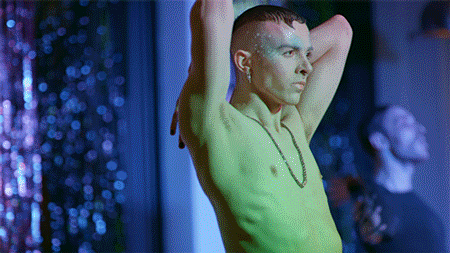 Strike A Pose Mic Drop GIF by FILMRISE - Find & Share on GIPHY
Strike A Pose Mic Drop GIF by FILMRISE - Find & Share on GIPHY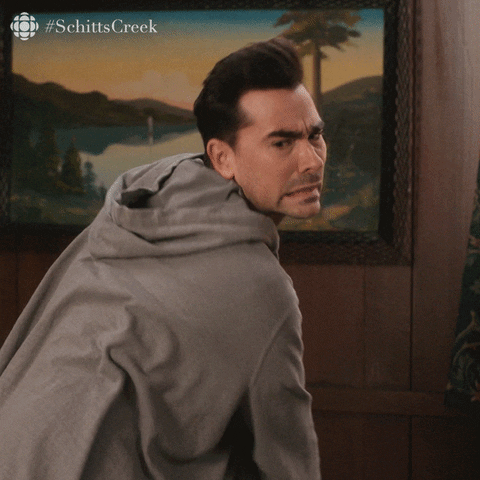 Schitts Creek No GIF by CBC - Find & Share on GIPHY
Schitts Creek No GIF by CBC - Find & Share on GIPHY